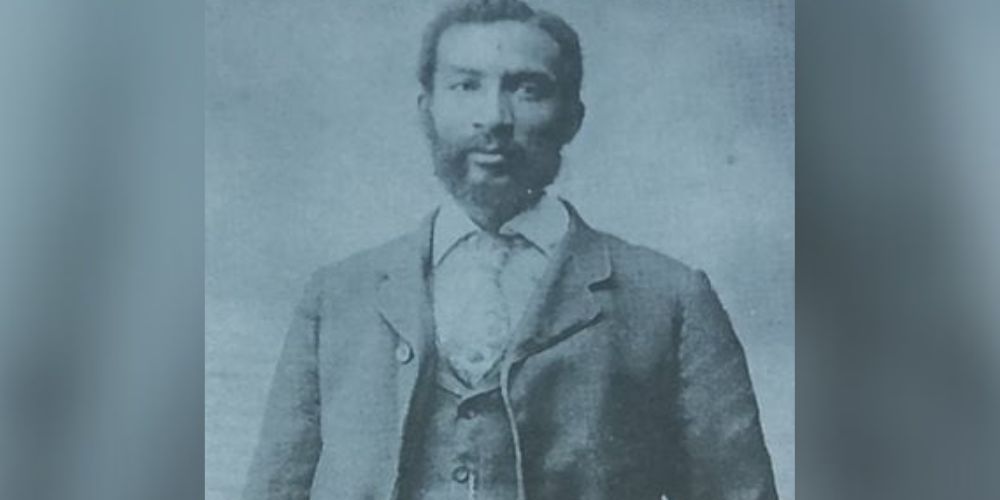Peter C Butler III: Canada’s First Black Police Officer

The story of Peter C Butler III is one of resilience and determination in the face of adversity. Raised in a community still grappling with the aftermath of slavery, Butler's legacy highlights the importance of fairness and compassion in law enforcement. From becoming Canada's first Black Police Officer to his commitment to justice, Butler demonstrated the power of perseverance and staying true to one's values.
Early Life
Peter C Butler III was born in Lucan, Ontario in 1859. From a young age, he had an innate drive to make a difference in the world around him. Raised with strong values of integrity, compassion, and hard work, Butler embarked on a journey that continues to inspire.
Butler was named after his Grandfather who was an original settler at the Wilberforce Settlement of Biddulph Township. Having escaped slavery, Peter I travelled from Baltimore to Ohio and eventually Port Stanley before settling there.
While slavery in Canada had been abolished for 25 years, Black Canadians still faced massive obstacles from hardships to overt racism and discriminatory laws. They had to deal with legal restrictions when buying property, were excluded from associations, and were refused employment and service at many organizations.
Despite all of this, Butler made history by becoming Canada’s first Black Police Officer.
RELATED: More Black Canadians who helped shape Canada's heritage ...
Becoming The Police Officer
In 1883, Butler joined the Middlesex County Police as a county police constable. During a 1936 interview he laughingly shared that he got the job because “they couldn’t get any white man to take the job.”
At the time, his appointment was not well received by white men in the community. But as time passed, he “became highly popular as a constable and regarded as most efficient and respected by everyone.”
This likely had a lot to do with how he treated the people he interacted with. He was tough … but he was fair.
Staying True To Himself To Make A Difference
In a 1977 article, Butler’s grandson shared memories of his grandfather. Peter III would provide vagrants with food and let drunks stay over instead of putting them in a cell. He would even hire recently released prisoners to work on his farm to help rehabilitate them – a concept that was ahead of his time.
In 1910, Butler became a member of the Ontario Provincial Police, a position he held until 1960 when he retired.
During his career, Butler’s main responsibilities included keeping the peace and escorting prisoners. While Peter was described as having a deadly shot, he rarely carried a gun. Instead, he depended on his size and imposing demeanor to keep order, though he did wield a large stick when needed.
One of the biggest cases he ever worked on was the Donnelly Massacre. A few years prior to his enrollment in the police force 5 members of the Donnelly family lost their lives when a mob attacked their home and burned it to the ground on February 4, 1880. He was assigned to the case early in his career, though no convictions were ever made.
Even still, Butler's legacy as Canada's first Black police officer extends far beyond his official duties. His impact on the community was profound and lasting, marked by acts of kindness and a commitment to justice that went beyond the call of duty.
PHOTO CREDIT: Ontario Provincial Police Association
Beat FOMO by being in the know!
Sign up for our newsletter today and never miss a beat.







